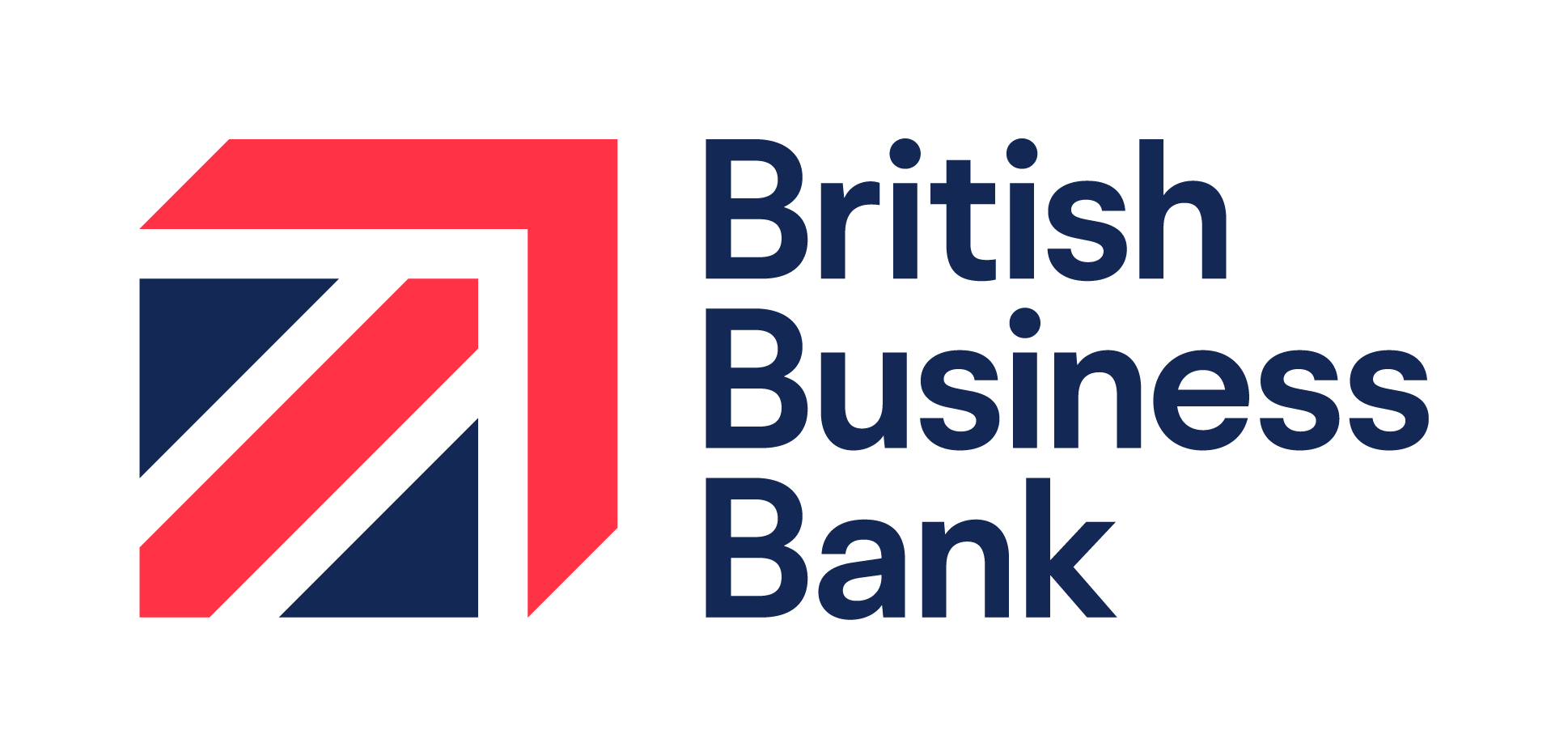Mark Sterritt: From net zero to debt management – four financial trends for smaller businesses in 2022

Mark Sterritt
Mark Sterritt, UK network director for Scotland at the British Business Bank (BSB), shines a light on four financial trends to keep an eye on this year.
Last year was a rollercoaster for many smaller businesses in Scotland, regardless of their size. Between the different variants of Covid-19 emerging, localised lockdowns, rising inflation, supply chain challenges, and a host of other developments, there has been a lot to contend with. However, there were positives to take in the form of a relatively sustained recovery at a macro-economic level and the roll-out of vaccination programmes.
Knowing what themes will define a year is a difficult task at the best of times, not least during periods of such uncertainty. Nevertheless, there are a number of financial trends we expect to see shape 2022 for smaller businesses in Scotland – some of which are already beginning to play out. Here are the four we anticipate playing a particularly prominent role:
Managing debt will be key
Although lockdown measures have eased, the Omicron variant could still make for a challenging first quarter for many smaller businesses – particularly from any knock-on from restricted trading during the key Christmas period. Managing business debt will be more important than it has ever been for smaller businesses in the months ahead, which is why we launched our guide to managing business debt in 2021. It is incredibly important for smaller businesses to understand debt finance, how they can manage debt, improve cashflow, and take the right steps to move from survival to growth when the time is right.
Smaller businesses to focus on net zero
On the back of the COP26 United Nations climate conference in Glasgow, and a greater focus from larger companies and the public sector, we expect to see more smaller businesses push forward on reducing their carbon footprint. Our Smaller businesses and the transition to net zero report found that smaller businesses account for around one-third – between 29% and 36% – of the UK’s greenhouse gas emissions. While three-quarters of businesses (76%) are yet to implement comprehensive de-carbonisation strategies, capabilities and actions, it is encouraging to see that the vast majority (94%) say they have taken at least one action to reduce their emissions. We expect 2022 to be the year when discussion on sustainability is translated into action – with Aberdeen and the North East playing a key role, given its status as the energy capital of Europe.
A year for equity
There is a growing sense that there is limited capacity left for smaller businesses to take on more debt over the next year, should they need it. This is bringing into focus whether alternatives, particularly equity finance, could be the right way forward for more companies looking to raise capital. Historically speaking, Scottish smaller businesses have been relatively averse to using equity finance, but we have seen a lot more activity in this area since the pandemic began with a series of initial public offerings (IPOs) and crowdfunding drives. In fact, 2020’s Scotland’s share of smaller business equity deals hit 12% of the UK’s total, rising from just 5% in 2016 according to our Small Business Finance Markets report. Building on that momentum, 2022 could see even more smaller businesses looking at equity as way of financing themselves.
Strong angel investment volumes
While the pandemic has been highly challenging for many, it has also shown the resilience of Scotland’s financial sector. According to figures from LINC Scotland, investment levels from business angels in early-stage Scottish businesses hit a record in 2021. Anecdotally, most of the business angels we have spoken to say their portfolios are performing ahead of expectations and, while many of the deals from the last year or so have been follow-on investments, they show there is still appetite to invest. We would expect that to continue in 2022, with a number of exciting new companies coming forward and a significant amount of liquidity coming into the Scottish angel market through the sale of Current Health.

- Mark Sterritt is UK network director for Scotland at the British Business Bank (BSB).






